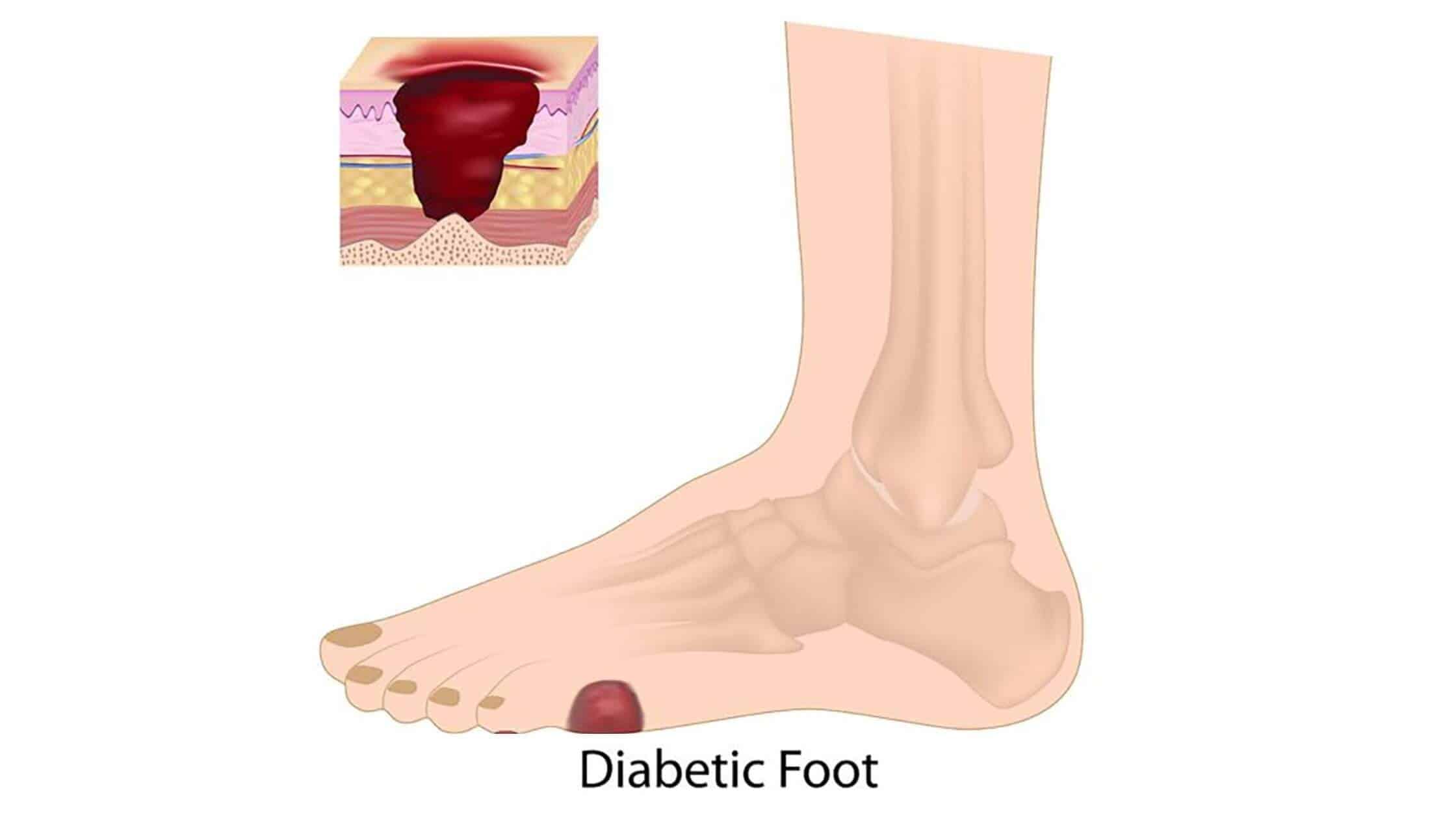What's Inside
When someone has diabetes, they are at risk of experiencing nerve damage due to high blood sugar. Diabetic neuropathy is the medical term for this condition. There are four primary manifestations of this health problem. You might have one type or experience symptoms of multiple classes simultaneously.
The Most Prevalent Form Of Diabetic Neuropathy
The majority of diabetic neuropathies develop gradually, and it’s possible that you won’t notice any problems until a significant amount of damage has been done. A disorder known as diabetic peripheral neuropathy is characterized by damage to the nerves brought about by persistently high blood sugar levels.

There will be some individuals who do not exhibit any symptoms. On the other hand, some people may experience symptoms that are hindering. The legs, feet, hands, and toes, as well as the arms and hands, can be impacted by peripheral neuropathy, which is the most prevalent form of diabetic neuropathy.
Diabetes is a condition that affects many people who are unaware that they have it. People who aren’t aware that they have diabetes might not be able to pinpoint the origin of the peculiar feelings that they’re having.
SYMPTOMS
📌Feeling numbness
Numbness is one of the most typical symptoms of diabetic peripheral neuropathy. When you walk, you may find that you are unable to feel your feet sometimes.
At other times, you may feel a tingling or a burning sensation in your hands or feet. You might also have the impression that you are wearing a sock or glove when you are not.
📌Shooting pain
You might have abrupt, sharp pains that have the sensation of an electrical current from time to time. At other times, such as when you are clutching something like a piece of cutlery, you may have cramping in your fingers.
As a further complication of diabetic peripheral neuropathy, you could occasionally drop things you hold without meaning.
📌Disturbance of equilibrium
Diabetic peripheral neuropathy can cause a person’s gait to become unsteady; in severe cases, it can even cause them to lose their balance. The wearing of orthopedic shoes is typically helpful in this regard.
One of the most prevalent symptoms of diabetic peripheral neuropathy is a loss of coordination. The ankle is frequently affected by muscle weakness, which can affect your stride. The sensation of numbness in the feet is another factor that may contribute to loss of balance.
📌Soreness
You may start noticing blisters or open wounds on your feet that you can’t account for. It’s possible that you injured yourself but were unaware of the pain at the time. Because of the damage done to the nerves, you may not always feel the pain of an injury. This can put you in a very precarious position. If you cannot sense the discomfort caused by heat, for instance, you could burn yourself with hot water and cause serious injury.
📌Both warm and chilly
Additionally, heightened feelings are a potential side effect of diabetic peripheral neuropathy. It’s possible that holding a cup of warm coffee will cause your hands to feel searingly hot. It is also possible for it to hurt when someone touches you while their hands are chilly. It’s also possible that your hands and feet can feel hot or cold for no apparent reason.
📌When pain impacts sleep
Nighttime is typically when diabetic peripheral neuropathy symptoms become more severe. You could be in such much pain that even the weight of a bed sheet seems oppressive and excruciating. Because of this, you are getting to sleep, and staying asleep at night may be challenging.
THE CONCLUSION
Your problem should be manageable if you cooperate with your healthcare professional and take the appropriate prescription consistently. If you have diabetic peripheral neuropathy, you should cut back on alcohol and stay away from smoke. These substances may aggravate symptoms.
It is essential to maintain a healthy diet because nutritional shortages might worsen the illness. People who take metformin should discuss taking a vitamin B-12 supplement with their primary care physician.
Wounds not properly treated might lead to infections, which can sometimes extend to the bones if left unchecked. Amputation of the feet and toes may be necessary if the infection spreads to the bones. Be careful to visit your primary care physician regularly and tend to any wounds or sores you discover immediately.

